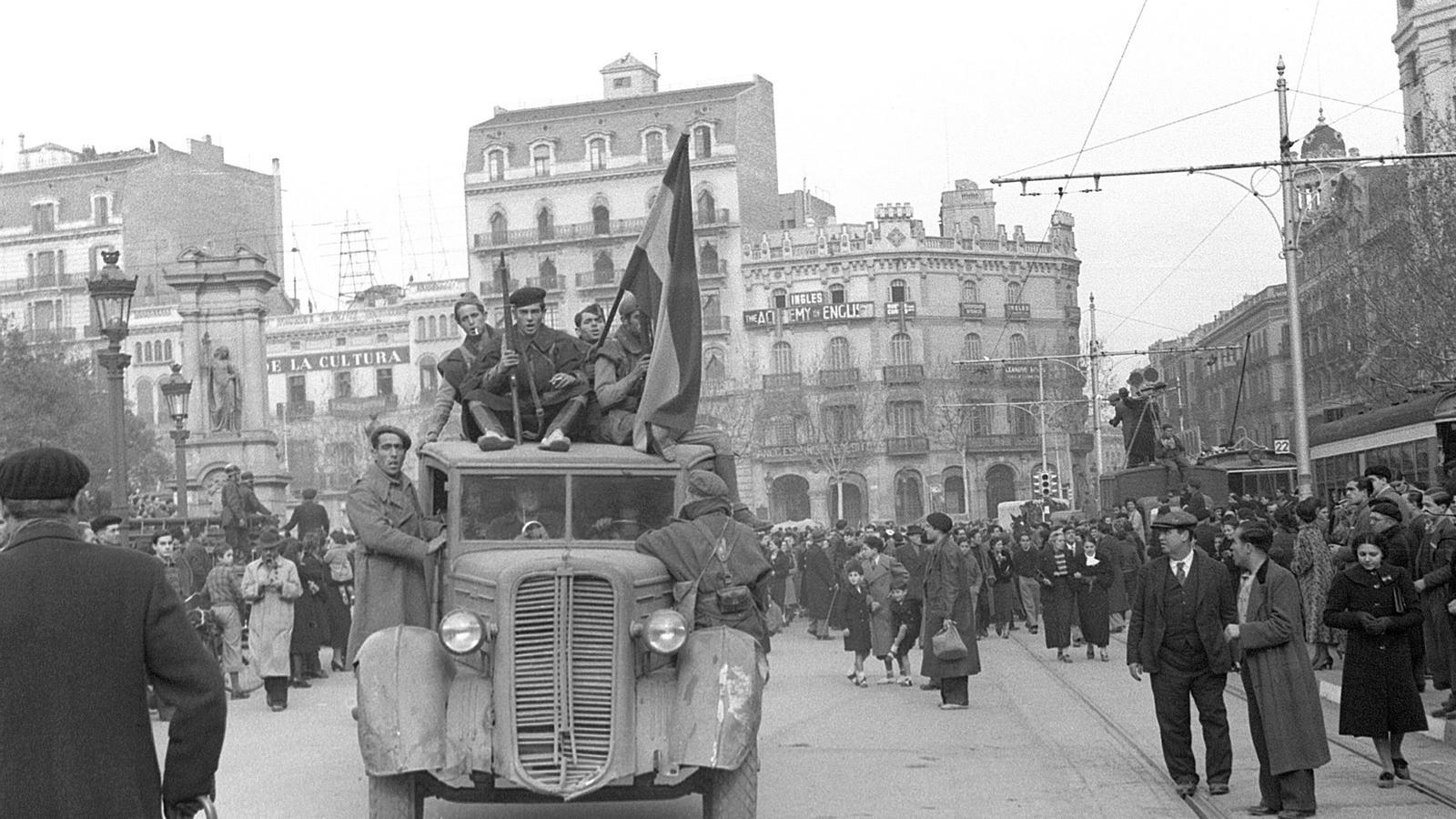

Today marks eighty-nine years since the coup d'état in which the fascists and a portion of the Spanish army took up arms against the democratic and legitimate government of the Republic. We must begin by writing this down, which for a long time has been considered obvious, because it has begun to cease to be so. Stories blur, ideas are distorted. Denialism is the first step of far-right, authoritarian, illiberal thinking. First, they deny the existence of what bothers them; then, even though they claim it doesn't exist, the drive to destroy it appears. The memory of the Civil War is, for the Spanish far right (that of Vox, but also that of a good portion of the PP), a bastion to conquer, a banner they also need to take from the left. The Reds, the left-handed people, as they call it now, adopting the open war language of Milei and the Latin American far right. The reds, the left-handed people, all those people who hate so much.
In historical terms, eighty-nine years isn't just yesterday: it's today morning. There are many people alive who were born in 1936. The fascist crimes of the Civil War and the Franco dictatorship not only entail a moral responsibility that we cannot shirk as democratic citizens: they also condition democracy to such an extent that it is impossible to understand current Spanish politics, and Catalan politics, without this reference. Nor without keeping in mind the hegemony of the ultra-nationalist right throughout 20th-century Spain, with two dictatorships, a brief six-year period of the Republic, and then, following Franco's death, a Transition supervised by the powers of the State itself and a democracy built with the intervention of the direct heirs of Francoism. The most hardline right-wing movements had another period of appeasement, from 1978, with the promulgation of the Constitution, until 2000, with Aznar's absolute majority. It was Aznar, from the presidency, who began the recovery of the pride of calling oneself Spanish, the pride of displaying the flag red and yellow (with the implicit fascist rat trap) and what his own rhetoric calls "uncomplexed" Spanishness.
It's been twenty-five years, long or short depending on how you look at it, leading up to today. The recovery of the unabashed nationalist right in Spain has coincided, internationally, with the emergence of the new extreme right, interconnected and fairly organized on a global level. Neo-Francoism (the specifically Spanish nationalist right can also be called this) swims like a fish in these turbulent and muddy waters.
Now their foolish children are in Torre Pacheco, ravaging stores run by immigrants. Behind them, or alongside them, are the opportunists ready to normalize them and reach agreements with them on budgets, government alliances, and whatever else is convenient. Before all of them, the memory of '36 is a duty and a necessity.
